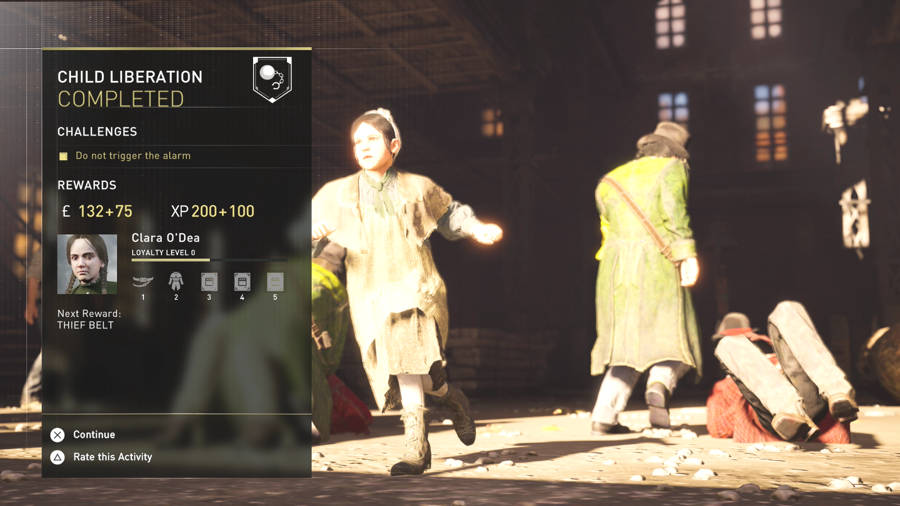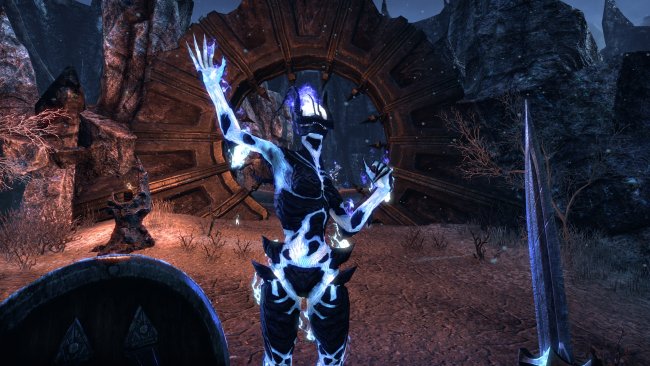

Popular culture and video games have a tendency to merge in a variety of ways. In a very simple way, we see popular movies made into video games (sometimes even franchises of games). The same goes with television shows, books, and comics as well. Recently, news of The Walking Dead video game has been slowly creeping up; which leads me to ask the simple question: why do we need a Walking Dead video game? We already have the great comics and the enjoyable AMC television show of the same name. Not to mention, the video game industry is already extremely bogged down with zombie games in a very general sense. From great zombie games and add-ons, like Dead Island and Red Dead Redemption: Undead Nightmare, to more mediocre titles in the genre.
It has become increasingly obvious to me that video games tend to be created after a particular thing is popular. Zombies, for instance, are currently a very popular topic amongst a variety of people of a variety of ages. Articles have been popping up around the web detailing how 70 year old ladies are tuning in to The Walking Dead, not just for the zombies, but because the story is so compelling. Zombies no longer just define an independent and underground niche for horror film and literature enthusiasts, but rather have spawned into a legitimate cognitive virus in the mainstream.
Of course, zombies are not the only popular icons that are being translated into video games. Most popular Hollywood movies, particularly those with intense action and fantasy elements, find themselves garnering a video game adaptation. One would think the content from the source material would make for a great gaming experience, but more often than not this is simply not the case. Take for example the Lord of the Rings series of video games. While the books existed prior to the movies, the movies were what really launched these stories and characters into mainstream popularity for many people. Video games based after these films are at best mediocre, and at worst quite frankly wastes of time.
Film to game adaptations also have a tendency to “evolve” into standard hack and slash gameplay, often with a variety of cutscenes taken directly out of the movies, and graphics that tend to look dated. Certainly, playing these games tend to bring about a feeling of nostalgia and instant gratification to be able to submerge yourself into the fantasy world that you have come to love from the “other” art medium, but after a few minutes of gameplay it becomes very clear that what you are playing is the same thing as other games that already exist; just with different visuals and environments.
As I see it, subject popularity has a tendency to lead to mediocre video games; and often ones that are unpolished to a degree that I wish the developers would have worked a few extra months to make the game worth my time. Recently, I felt this bittersweet sensation as I began playing The Elder Scrolls V: Skyrim. The hype surrounding Bethesda studios and The Elder Scrolls series of game in general shows in very clear detail how subject popularity leads to an underdeveloped and relatively mediocre long-term experience. Of course, with Skyrim my immediate experience with it for the first few hours was nothing short of breathtaking. In fact, it was just like I had imagined it; and how it was described to gamers by Bethesda’s public relations head Todd Howard. He is not the only one to blame in this equation though; as I spent many hours browsing the internet in search for new “leaked” gameplay and having discussions on the ever-hype ready web forum Reddit.
There is no doubt in my mind that the more popular a topic becomes, the more willing game developers and publishers become to bullshit the production. Games begin to take very minimal risks. Games turn up unpolished and riddled with bugs, glitches, game freezes, and worse. How the game was depicted through advertising turns out to be much worse then the game that is actually in our hands.
And the worst part about all of this? Gamers (and consumers in general who purchase games) continue to buy this mediocre filth that is continually flaunted as “good” by media, game journalists, our friends and family, and other sources; yet we never really examine what constitutes a “good” video game. Is it rehashing the same thing over and over again? Is it being mildly enjoyable, but just bearable? Is what constitutes “good” to be defined by children who don’t know any better, and who play whatever is purchased for them by their parents?
Consumers buy bad games that are paraded around as good games. This leads to game developers and publishers to focus their sites on the open and gullible game market, where people will buy things just because they look nice on the outside. Games that just cash in on their source material continue to be created, and serve a great purpose in making a good amount of money for game publishers; but give nothing back to the gaming community. If I am going to have to run through some fantasy world, whether it is Middle-Earth, Narnia, some planet in Star Wars, or something else; it should be vital that my experience is unique in every one of these games.
Pop culture is able to manipulate the video games in so many respects. It ultimately defines video gaming norms much of the time. If only the gaming world could see more unique titles, with unique gameplay elements, like Portal 2 and Dead Space. Undoubtedly, no one expects perfection in this respect; but we should have enough self-respect with regards to what we fill our minds with, and what we spend our money on, to ignore completely rehashed filth.
Have any thoughts on this post? Do you share the same views or different ones? Feel free to let us know in the comment box. Remember: keep it classy!



